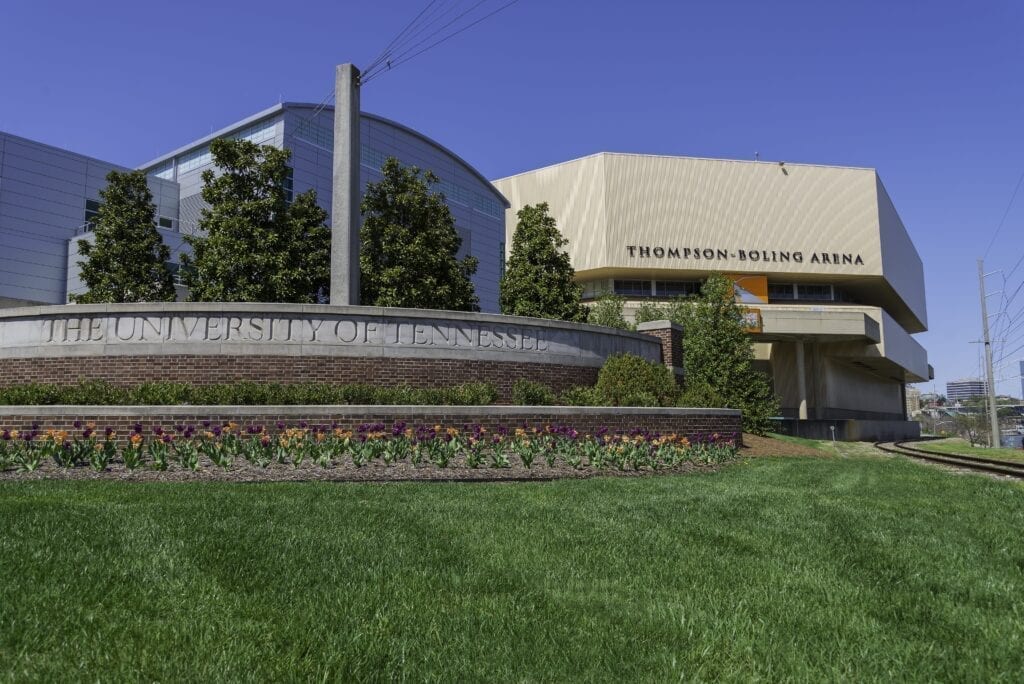Civil War lecture series draws history buffs to UT
McClung Museum’s Civil War era curator, Dr. Joan Markel, presented artifacts from the 19th century that were found in Knoxville and around where present day UT stands as part of a Civil War lecture series.

//Photo by Ryan McGill
Photographs, diaries, letters and other relics from East Tennessee Civil War sites were all on display at McClung Museum Sunday, Feb. 26 as part of the museum’s seventh annual Civil War Lecture series.
The audience of 70 listened as McClung’s civil war curator, Dr. Joan Markel, presented and explained the artifacts from circa 1860 that were found in Knoxville and around the land that would eventually become present day University of Tennessee.
Those in attendance were primarily Civil War enthusiasts who already knew a great deal about that period of time and sought to get a better understanding of record keeping and correspondence in the Civil War era military.
The lecture focused specifically on Gen. William T. Sherman, Capt. Orlando Poe and photographer George Barnard.
Markel shared with the audience that Sherman had a passionate disdain for East Tennessee.
“He was known for believing that you couldn’t get troops in to East Tennessee, you couldn’t get troops out and you couldn’t feed them while they were there,” she said.
She explained that Poe was a skilled mathematician who, through meticulous sketches and descriptions of the roads, creeks, hills and valleys, created a map of the area surrounding present day UT.
She took a moment to appreciate Barnard as well, claiming that, “(Mathew) Brady gets all the credit for civil war photojournalism but Barnard was a big player also…especially in the south.”
One particular point of interest was a panoramic picture taken of what would become UT’s landscape from on top of The Hill, around 1865. In that picture, Markel could identify the land that McClung Museum would eventually occupy.
Attendee Joan Harp, a retired Lebanon woman, said that these kinds of events are incredibly important simply because they highlight such a formative span of time in our country.
“People don’t always take immediate interest in the Civil War, but it really is quite interesting to know all the little facts and details about certain battles, trails and officers,” she said.
Harp added, “the ramifications of the Civil War in particular are especially fascinating just because they obviously had a really profound impact on our country regarding how we handled slavery.”
Andrew Riffanti, a student of sociology at UT, said that he had just recently developed an interest in Civil War era history but that the event, “definitely sparked more interest…I’ll be back for the next lecture.”
That lecture will be March 26 at 2 p.m. in McClung Museum and will center on the geographic struggles of Civil War battles in East Tennessee.
Visit this website for more information.
Edited by Kaitlin Flippo
Featured Image by Ryan McGill

